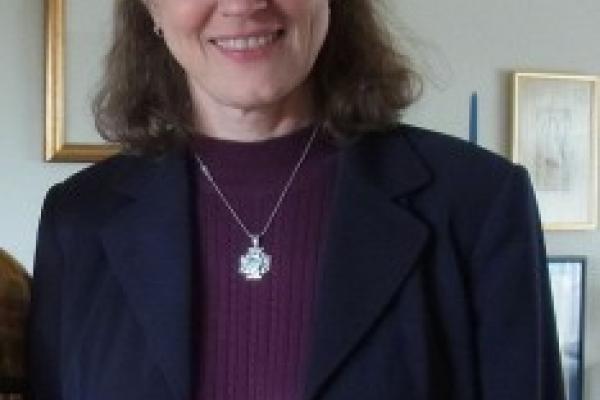Responding to a real or perceived gap between science and faith, 10 U.S. seminaries will receive a combined $1.5 million in grants to include science in their curricula, the American Association for the Advancement of Science announced Oct. 8.
A diverse set of Christian seminaries will be awarded grants ranging from $90,000 to $200,000 provided by the John Templeton Foundation, which has funded various efforts to bridge science and faith, including $3.75 million to AAAS for the project.
“Many (religious leaders) don’t get a lot of science in their training and yet they become the authority figures that many people in society look up to for advice for all kinds of things, including issues related to science and technology,” said Jennifer Wiseman, director of the AAAS Dialogue on Science, Ethics and Religion.
Indeed, evangelical Protestants are more than twice as likely as other Americans to say they would turn to a religious text, a religious leader or people at their congregation if they had a question about science, a study released by AAAS earlier this year suggested.
Read the Full Article

